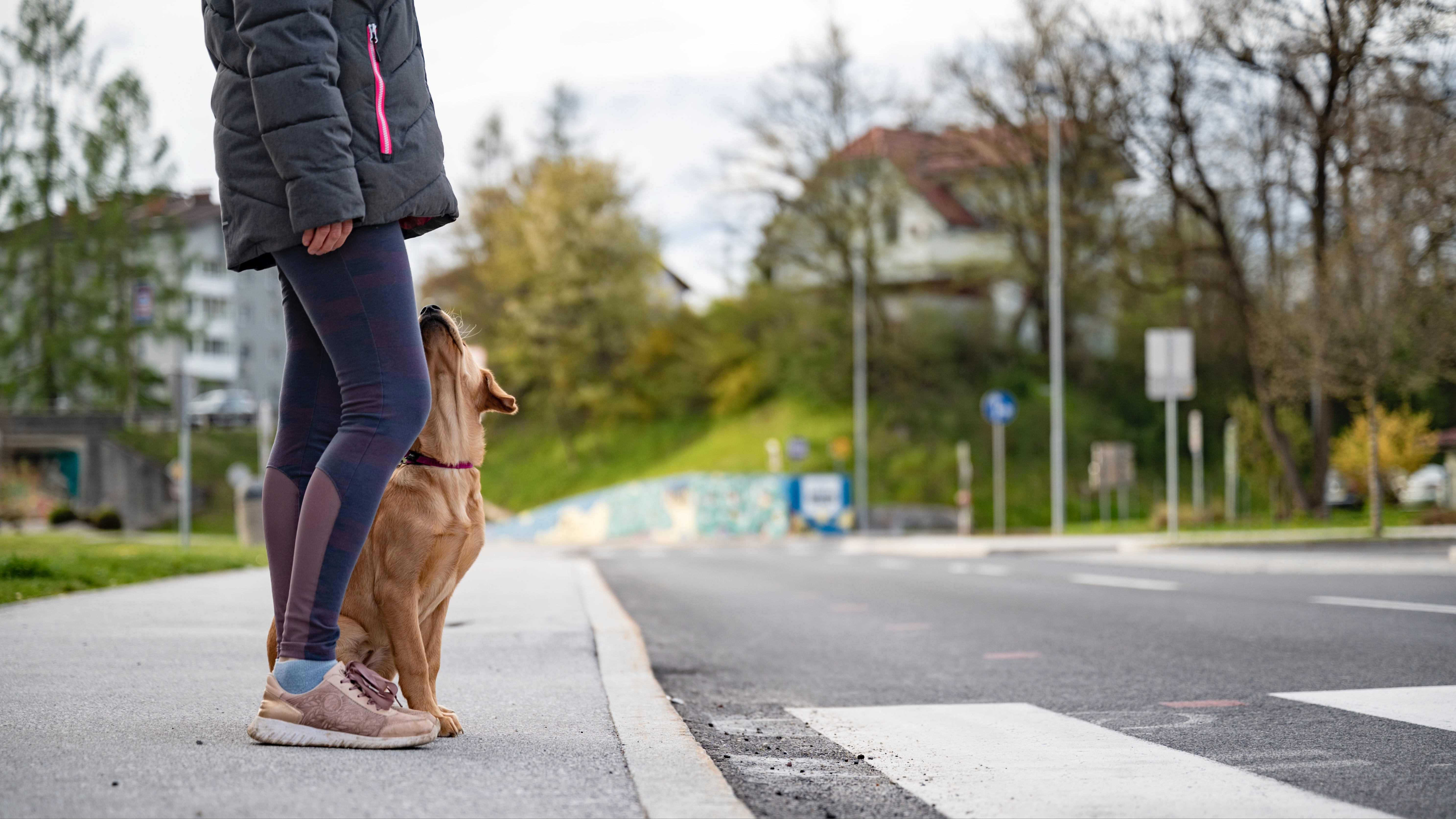
Sometimes, you’ll want your dog not to go in a certain room or past a gate. This might be to keep them safe, keep someone or something else safe, or simply because you won’t be able to keep an eye on them.
For this reason, boundary training is important – it involves teaching your pup that, just because a door or a gate is open, it doesn’t mean that they have to go through it. It’s more simple than you might think, and involves a few of the best dog treats!
Certified dog trainer Melissa Goodman of Mission Pawsitive has explained how she does it in a new Instagram post, so let’s take a look.
Goodman is working with Roxy, a Husky who she says has managed to escape outside a few times before. She’s outside with Roxy, and puts her on a long line for safety, but it’s long enough that Roxy can easily leave the gate if she wants to. There’s nothing physically stopping her from doing so.
However, says Goodman, “She doesn’t, because I built up the value of staying away from the gate, and I had good timing to reward her before crossing the boundary.”
Goodman stands at the open gate and tosses Roxy treats, showing the dog that if she stays where she is rather than crossing the boundary, she’ll be rewarded. It’s as simple as that, and doesn’t need anything more complex apart from plenty of practice and praise – here’s the science behind positive reinforcement for dogs for more information on why praise is so good!
She continues, “Even if a dog is really great at respecting the boundary after lots of practice, it is still important to prevent yourself from truly needing the skill as much as humanly possible. Accidents happen, so I just want the dog to think twice about taking the opportunity to go explore if they see an opening because they’ve been conditioned to make a different choice.”
Maybe your dog has learned not to cross boundaries they shouldn’t when on a long line, but what about when you’re actually on your walk? Here are three of the most common loose leash walking mistakes (and how to fix them) to check out. You might also find this article from a fellow dog parent useful: Teaching my dog to 'stop' was the best thing I ever did, here's why.







